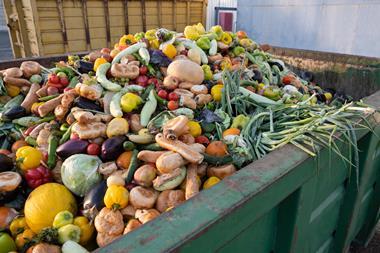
The conversation and speed of desire to do the ‘right thing’ when it comes to sustainability in the grocery sector has unquestionably escalated. In the past month or so alone, Sainsbury’s announced a £1bn investment to become carbon neutral by 2040; Asda launched its first ‘sustainability store’ in Leeds, and Aldi outlined a new sustainable sourcing method for beef. Multiples have also moved on non-recyclable black plastic, with Morrisons and Co-op removing it from all own-brand food and drink packaging.
Many companies have now signed up to the UK Plastics Pact 2025 targets, including Sainsbury’s, Tesco, Coca-Cola and Unilever. The targets are ambitious: to eliminate problematic or unnecessary single-use packaging through redesign, innovation or alternative (reuse) delivery models; for 100% of plastics packaging to be reusable, recyclable or compostable; for 70% of plastics packaging to be effectively recycled or composted, and to achieve 30% average recycled content across all plastic packaging.
Should Sainsbury’s win such acclaim for its carbon reduction commitment?
We have been working closely with JB Communications to show how, considering extended supply chain lead-times and the benefits of getting ahead, suppliers need to ensure they have plans constructed and in place within three years. This is the perfect timescale for a category strategy framework in which solutions with true scale can be prioritised, communicated and delivered. Having openly signed up to targets, the spotlight will be unforgiving if the ultimate performance is poor.
Sustainable retailing is becoming a norm rather than a point of differentiation for retailers, with 82% of UK shoppers considering ‘environmentally friendly’ labelling within their purchase decisions, according to our research last year. As part of our work with JB Communications, we found that 43% of UK shoppers wanted sellers to use “easy-to-recycle packaging options” and 66% wanted non-recyclable packaging to be banned completely. So perceived lip service or inactivity in the sustainability space is now a clear and present danger to corporate and brand reputations. The only solution is for sustainability thinking to be truly integrated into internal strategies and retail-facing category strategies.
Suppliers need to ask themselves whether sustainability plans are truly embedded in their category strategies with compelling communication material. They should check their consumer insights are up to date to help prioritise future projects and measure success for any important pipeline projects, and to confirm that planning and communication strategies are aligned across their organisation.



















No comments yet